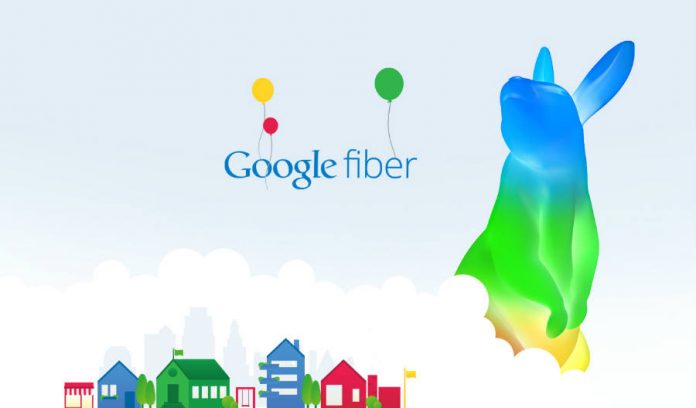
Alphabet Inc is rethinking Google Fiber, and instead of sticking to traditional landline networks, is planning to go wireless. The parent company of Google has been installing citywide fiber networks across numerous regions of the U.S. in the pasts years.
However, the increasing costs and time consumed on this endeavor are forcing Alphabet to change its approach by setting up transmitters in main cities.
This measure could reduce investments and help the conglomerate achieve its goal faster, though it would ultimately rule out optic cables as an option. In other words, Google Fiber may not use fiber at all.
Google Fiber currently has over 30,000 TV subscribers and more than 130,000 customers across the U.S.
Can #GoogleFiber deliver broadband without the fiber? https://t.co/jSdNAM90D7
— Scott Canon (@ScottCanon) August 16, 2016
Google’s fiber-to-the-premise service provides high-speed internet up to 1GB
The company initially proposed Fiber in 2010 as an experiment project to provide high-speed internet to the public as much as 100 times faster than the U.S. average.
After successful testing, Google Executive Chairman, Eric Schmidt, officially announced the initiative as a viable business model at the New York Time’s DealBook Conference in December 2012. The first region to get the service was the Kansas City metropolitan area, including over 20 suburbs around the area within three years.
Google Fiber soon expanded to various cities such as San Francisco, Atlanta, Charlotte Nashville, Salt Lake, and San Antonio, before Google announced the restructure of less central services and products into the new Alphabet Inc last year, with Fiber being one of its subsidiaries.
Wireless Google Fiber would be cheaper for Alphabet
Nevertheless, the internet provider has spent millions of dollars in the digging and installment of underground networks throughout the U.S., and internet speed is only reaching a quarter of what Fiber promised to deliver.
Besides, the use of optic cables has caused the company to negotiate utility poles with ISPs competitors on multiple occasions. These factors sum up to the reasons for Alphabet to cease operations while switching to Wi-Fi technology.
Great news! We look forward to welcoming @Webpass to the Google Fiber team once the deal has closed: https://t.co/bioFpMk4aW
— GFiber (@googlefiber) June 22, 2016
Webpass became part of the Fiber Team in July
Webpass, a company that focuses on wireless high-speed Internet up to 1GBs – the same as Fiber – announced it was going to join forces with Google, and a deal is expected to close this summer, according to an official blog post from July.
The corporation confirmed the purchase via Twitter and welcomed Webpass to the Fiber team. This partnership would accelerate Alphabet’s expansion, as the company is planning to test wireless transmitters in 24 new locations, according to an FCC filing.
The Wall Street Journal listed Los Angeles, Chicago, and Dallas, as some of the first cities to get the new wireless service offered by Alphabet.
Source: The Wall Street Journal










